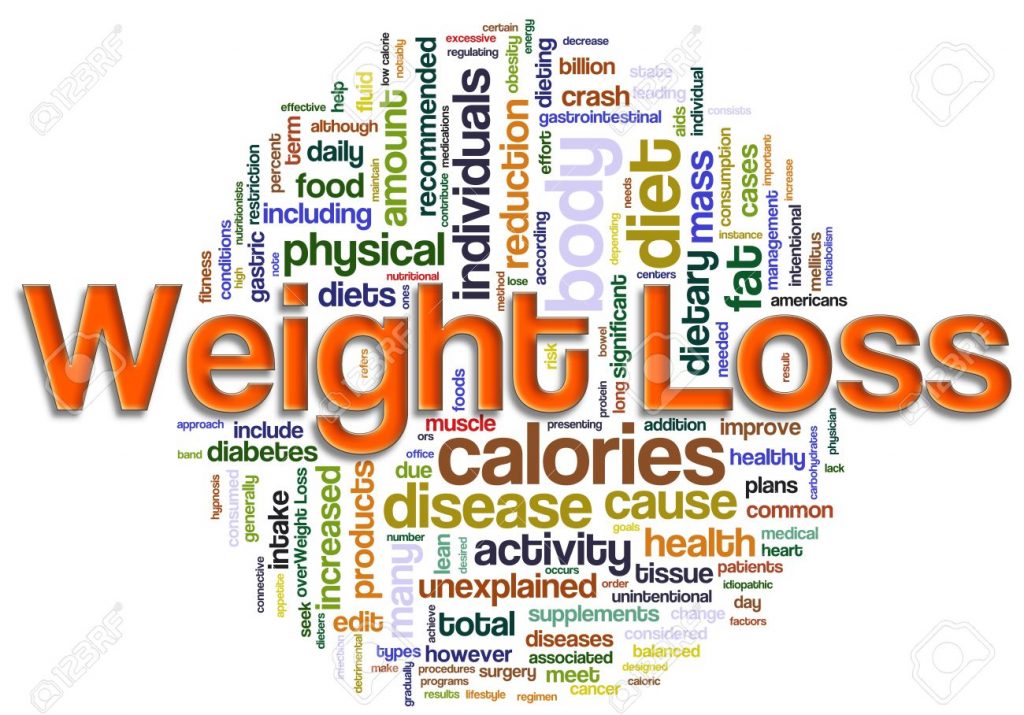There has been much research and many studies done by many, but I came across a fascinating article by a world-renowned Human Behavior specialist.
Who has found that achieving permanent weight loss has less to do with what gets put in the mouth and more with the mind.
Most of us pick up a few extra kilos over the holiday season. But, for the lucky among us, the excess weight will slip off as quickly as it slipped on when we’re back in the swing of our routines.
But, for many, the New Year means the resumption of an ongoing battle with the bulge – one to which there seems no end. ”
The reason long-term weight loss is elusive to so many people is that it has less to do with what’s in the mouth than it has to do with what’s in mind,”
“It’s not another diet that’s needed but another perspective.” our mindsets help you gain mastery over your metabolism.
Here, we explain the four fundamental mindset changes that must be made to embrace a new philosophy of learning how to eat to live rather than just living to eat.
Mindset 1: My values underlie my behaviour
Let’s call the things in life most important to you – your family, your career, r appearance, whatever it may be – your ‘highest values.
Every one of us has a set of these high-priority items, the things we care most deeply about. They are as unique to us as our fingerprints.
When our actions serve to further our highest values, we feel fulfilled, inspired and internally motivated. But, when our behaviours do not align with those we consider most important in our lives, discomfort, frustration, and despair are the inevitable results.
If this is how you’re feeling about your weight-loss efforts, your actions are most undoubtedly incongruent with your highest values.
Mindset 2: My goals must correspond with my highest values
If your goals do not align with your most important values, you have very little chance of ever achieving them. Think about it: you’re engaged and have six months to fit into your wedding dress.
Losing weight suddenly becomes a top-priority item, ranking high in your value system, which provides the incentive to achieve your goal single-mindedly.
After your wedding, however, the kilos creep back. Why? Because weight loss is no longer the highest value.
In short, if you are serious about losing those kilos and keeping them off, you will need to remodel your value structure to include weight loss as a top-priority item, thereby aligning your actions with the most important things to you.
Only then do you have any hope of achieving this goal?
Mindset 3: Unconsciously, I am benefiting from overeating
When our behaviours do not fulfil what we assume or say we value most, we need to question why we continue to engage in them, even though they cause us such discomfort. What unconscious benefits are you deriving from food?
An excellent place to start looking for the answers is once again to consider your highest values. Which things you consider most important in your life are being disregarded or marginalised?
The distress that comes from living incompatibly with your highest values may force you to compensate with avoidance, hedonistic or escapist behaviours, like binge eating, which provides instant gratification but little long-term relief.
Mindset 4: I can derive the same benefits in a different way
If eating helps you deal with negative emotions, what other coping mechanisms can you turn to that don’t involve food?
How can you be soothed without devouring a box of biscuits if eating calms you? If it provides an antidote to boredom, what other ways can you manage tedium besides emptying the fridge?
Only once you get to the emotional core of your mindless, compulsive or even addictive eating, are liberated from its faulty perceptions, and find healthy substitutes for the unconscious benefits it provides will you be able to handle life’s challenges – rather than sidestepping them with food.


